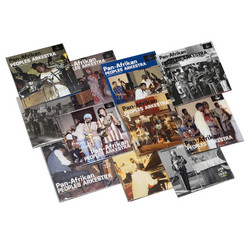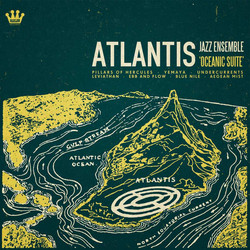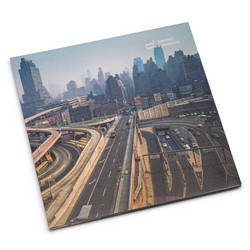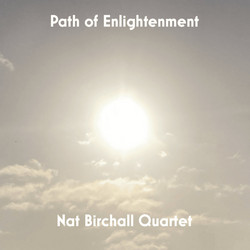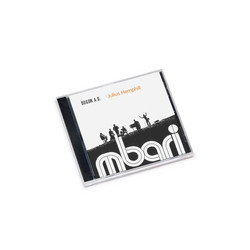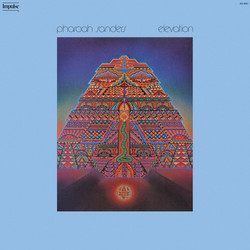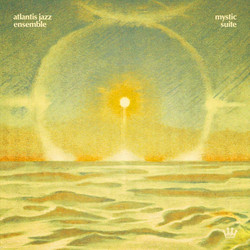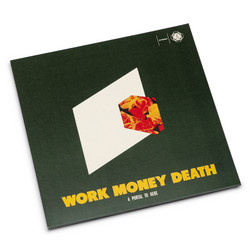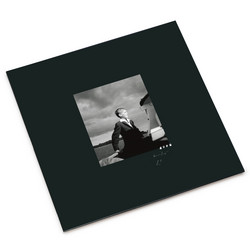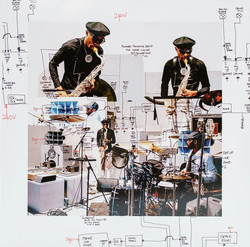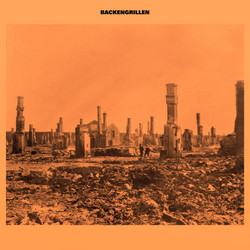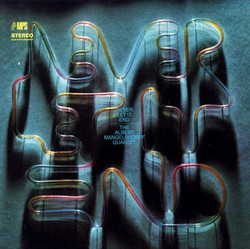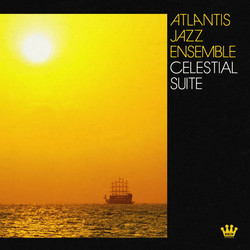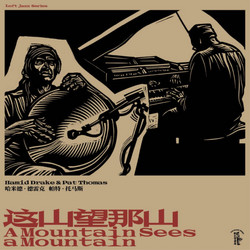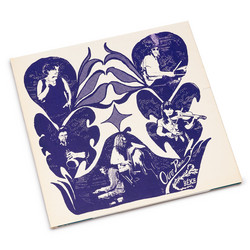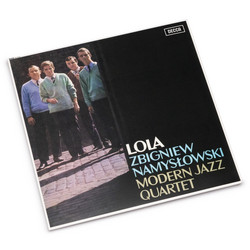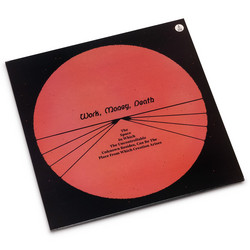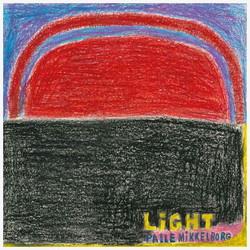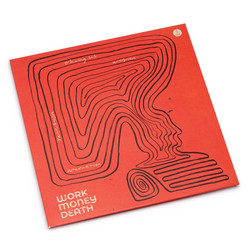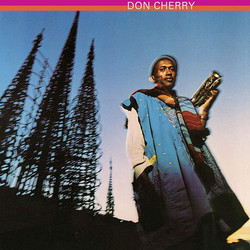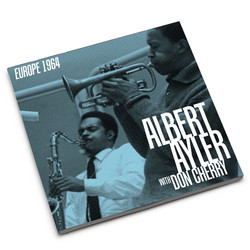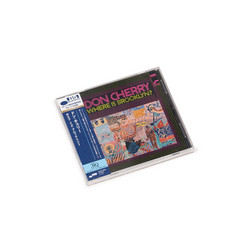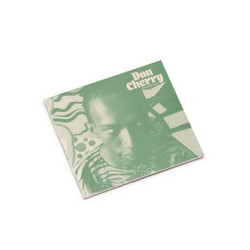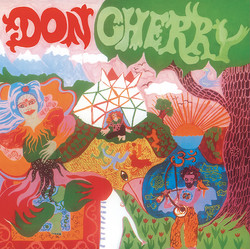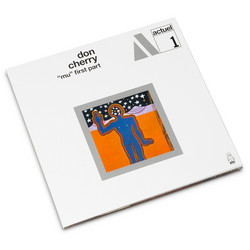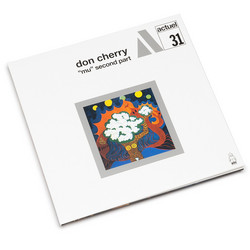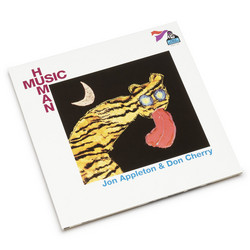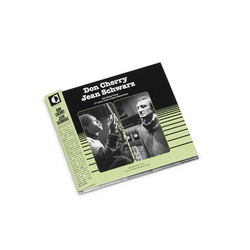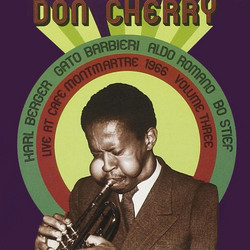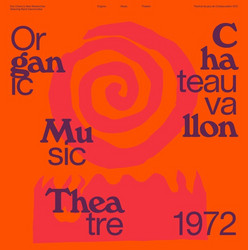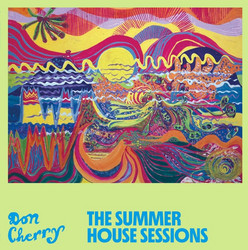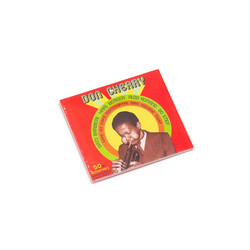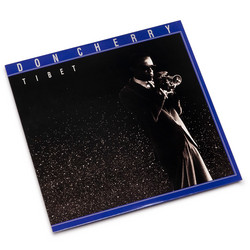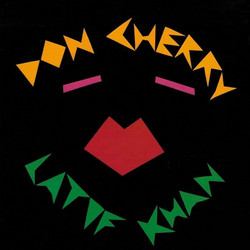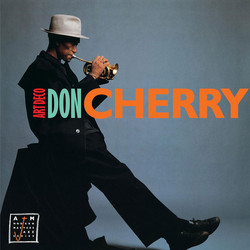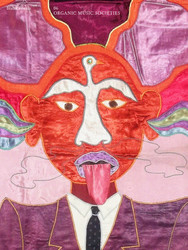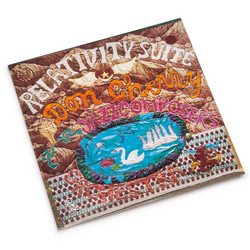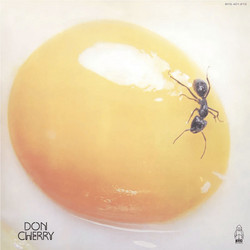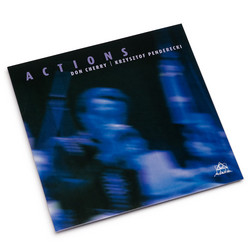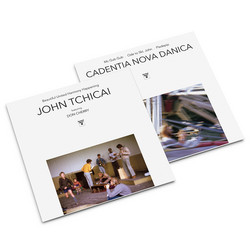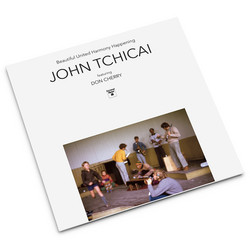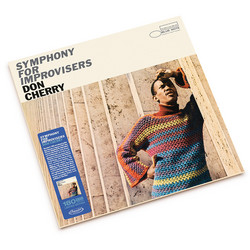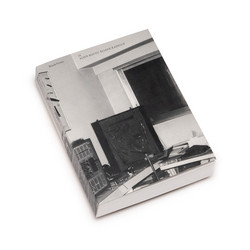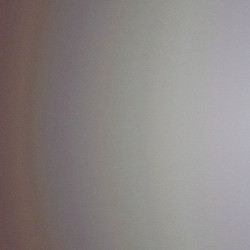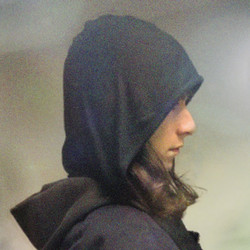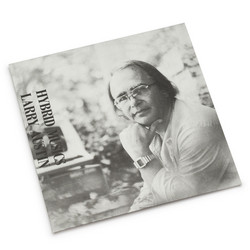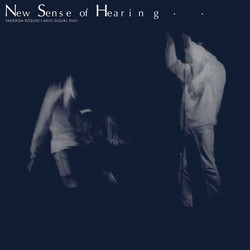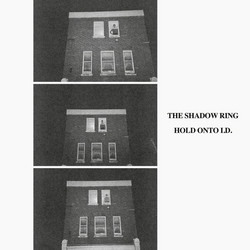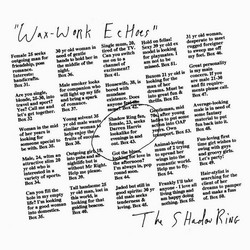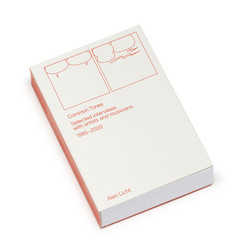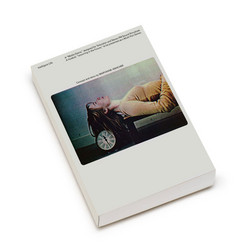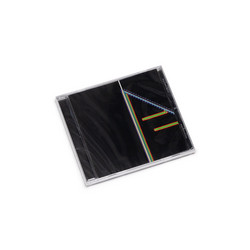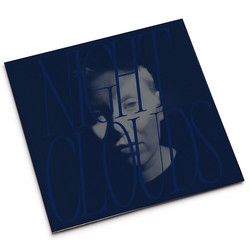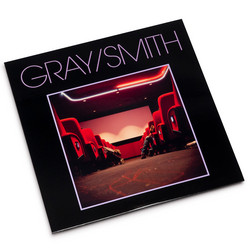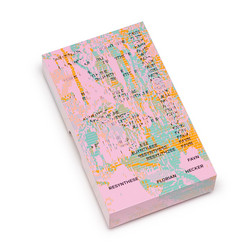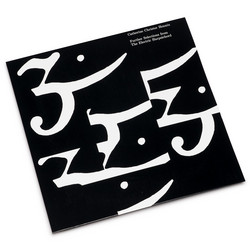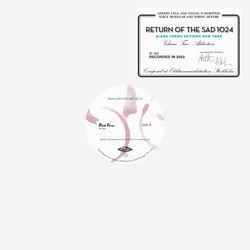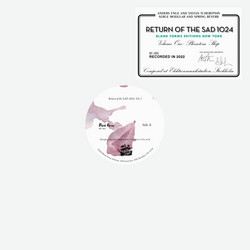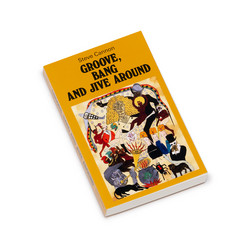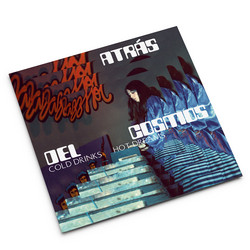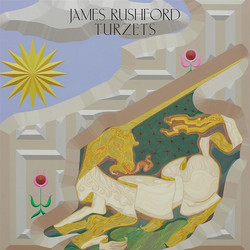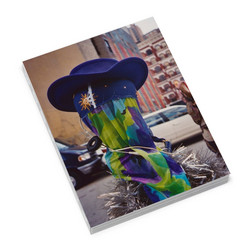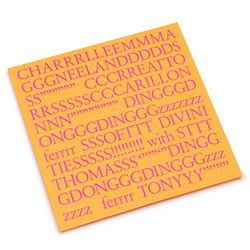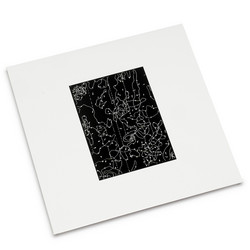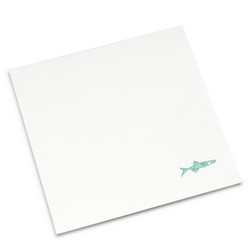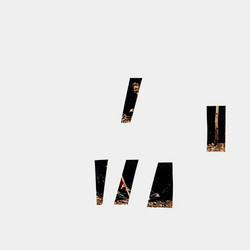Don CherryFeaturing: Nana Vasconcelos
The Summer House Sessions / Organic Music Theatre (3LP in bundle)
This bundle includes the following Don Cherry LPs recently released by Blank Forms:
Don Cherry "The Summer House Sessions" (LP)
Don Cherry "Organic Music Theatre - Festival de jazz de Chateauvallon 1972" (2LP)
Don Cherry "The Summer House Sessions" (LP)
* Black vinyl, pressed at RTI and housed in a heavy-duty tip-on Stoughton jacket, with insert. * In 1968, Don Cherry had already established himself as one of the leading voices of the avant-garde. Having pioneered free jazz as a member of Ornette Coleman’s classic quartet, and with a high profile collaboration with John Coltrane under his belt, the globetrotting jazz trumpeter settled in Sweden with his partner Moki and her daughter Neneh. There, he assembled a group of Swedish musicians and led a series of weekly workshops at the ABF, or Workers’ Educational Association, from February to April of 1968, with lessons on extended forms of improvisation including breathing, drones, Turkish rhythms, overtones, silence, natural voices, and Indian scales. That summer, saxophonist and recording engineer Göran Freese—who later recorded Don’s classic Organic Music Society and Eternal Now LPs—invited Don, members of his two working bands, and a Turkish drummer to his summer house in Kummelnäs, just outside of Stockholm, for a series of rehearsals and jam sessions that put the prior months’ workshops into practice. Long relegated to the status of a mysterious footnote in Don’s sessionography, tapes from this session, as well as one professionally mixed tape intended for release, were recently found in the vaults of the Swedish Jazz Archive, and the lost Summer House Sessions are finally available over fifty years after they were recorded.
On July 20, the musicians gathered at Freese’s summer house included Bernt Rosengren (tenor saxophone, flutes, clarinet), Tommy Koverhult (tenor saxophone, flutes), Leif Wennerström (drums), and Torbjörn Hultcrantz (bass) from Don’s Swedish group; Jacques Thollot (drums) and Kent Carter (bass) from his newly formed international band New York Total Music Company; Bülent Ateş (hand drum, drums), who was visiting from Turkey; and Don (pocket trumpet, flutes, percussion) himself. Lacking a common language, the players used music as their common means of communication. In this way, these frenetic and freewheeling sessions anticipate Don’s turn to more explicitly panethnic expression, preceding his epochal Eternal Rhythm dates by four months. The octet, comprising musicians from America, France, Sweden, and Turkey, was a perfect vehicle for Don’s budding pursuit of “collage music,” a concept inspired by the shortwave radio on which Don listened to sounds from around the world. Using the collage metaphor, Don eliminated solos and the introduction of tunes, transforming a wealth of melodies, sounds, and rhythms into poetic suites of different moods and changing forms. The Summer House Sessions ensemble joyously layers manifold cultural idioms, traversing the airy peaks and serene valleys of Cherry’s earthly vision.
In the Swedish Jazz Archive quite a few other recordings from the same day were to be found. Some of the highlights are heard as bonus material on the CD edition of this album. The octet is augmented by producer and saxophone player Gunnar Lindqvist, who led the Swedish free jazz orchestra G.L. Unit on the album Orangutang, and drummer Sune Spångberg, who recorded with Albert Ayler in 1962. The bonus CD also includes a track without Cherry featuring Jacques Thollot joined by five Swedes including Lindqvist, Tommy Koverhult, Sune Spångberg, and others.
With liner notes by Magnus Nygren and album art featuring a cover painting by Moki Cherry: Untitled, ca. 1967–68.
Don Cherry "Organic Music Theatre - Festival de jazz de Chateauvallon 1972" (2LP)
* 2xLP on black vinyl, pressed at RTI and housed in a heavy-duty tip-on gatefold Stoughton jacket. * In the late 1960s, the American trumpet player and free jazz pioneer Don Cherry (1936–1995) and the Swedish visual artist and designer Moki Cherry (1943–2009) began a collaboration that imagined an alternative space for creative music, most succinctly expressed in Moki’s aphorism “the stage is home and home is a stage.” By 1972, they had given name to a concept that united Don’s music, Moki’s art, and their family life in rural Tagårp, Sweden into one holistic entity: Organic Music Theatre. Captured here is the historic first Organic Music Theatre performance from the 1972 Festival de jazz de Chateauvallon in the South of France, mastered from tapes recorded during its original live broadcast on public TV. A life-affirming, multicultural patchwork of borrowed tunes suffused with the hallowed aura of Don’s extensive global travels, the performance documents the moment he publicly jettisoned his identity as a jazz musician, and represents the start of his communal “mystical” period, later crystallized in recordings such as Organic Music Society, Relativity Suite, Brown Rice, and the soundtrack for Alejandro Jodorowsky’s The Holy Mountain.
The musicians in Don Cherry’s New Researches, hailing from Brazil, Sweden, France, and the US, converged on Chateauvallon from all over Europe. The five-person band—Don and Moki Cherry, Christer Bothén, Gérard “Doudou” Gouirand, and Naná Vasconcelos— performed in an outdoor amphitheater and were joined onstage by a dozen adults and children, including Swedish friends who tagged along for the trip and Det Lilla Circus (The Little Circus), a Danish puppet troupe based in Christiania, Copenhagen. The platform was lined with Moki’s carpets and her handmade, brightly colored tapestries, depicting Indian scales and bearing the words Organic Music Theatre, dressed the stage. As the musicians played, members of Det Lilla, led by Annie Hedvard, danced, sang, and mounted an improvised puppet show on poles high up in the air.
The music in the Chateauvallon concert aspired to a universal language that would bring people together through song. In a fairly unprecedented move, Don abandoned his signature pocket trumpet for the piano and harmonium, thereby liberating his voice as an instrument for shamanic guidance. The show opens with him beckoning the audience to clap their hands and sing the Indian theta “Dha Dhin Na, Dha Tin Na,” and the set cycles through uplifting and sacred tunes of Malian, South African, Brazilian, and Native American provenance—including pieces that would later appear on Don’s albums Organic Music Society and Home Boy (Sister Out)—all punctuated by outbursts of possessed glossolalia from the puppeteers. “Relativity Suite, Part 1” notably spotlights Bothén on donso ngoni, a Malian hunter’s guitar, prior to Vasconcelos taking an extended solo on berimbau. A vortex of wah-like microtonal rattling, Vasconcelos’s masterful demonstration of this single-stringed Brazilian instrument is a harbinger of his work to come as a member, with Don, of the acclaimed group Codona. The sounds of children playing on the ensemble’s achingly tender rendition of Jim Pepper’s oft-covered beacon of spiritual optimism, “Witchi Tai To,” lends the proceedings an especially intimate, domestic glow. Given the context of the star-studded international jazz festival, the concert’s laid back, communal vibe feels like an attempt by the Cherrys to show Don’s jazz audience that he was moving on. At the same time, however, Don was extending a warmhearted invitation for them to come along for the ride.
With liner notes by Magnus Nygren.
